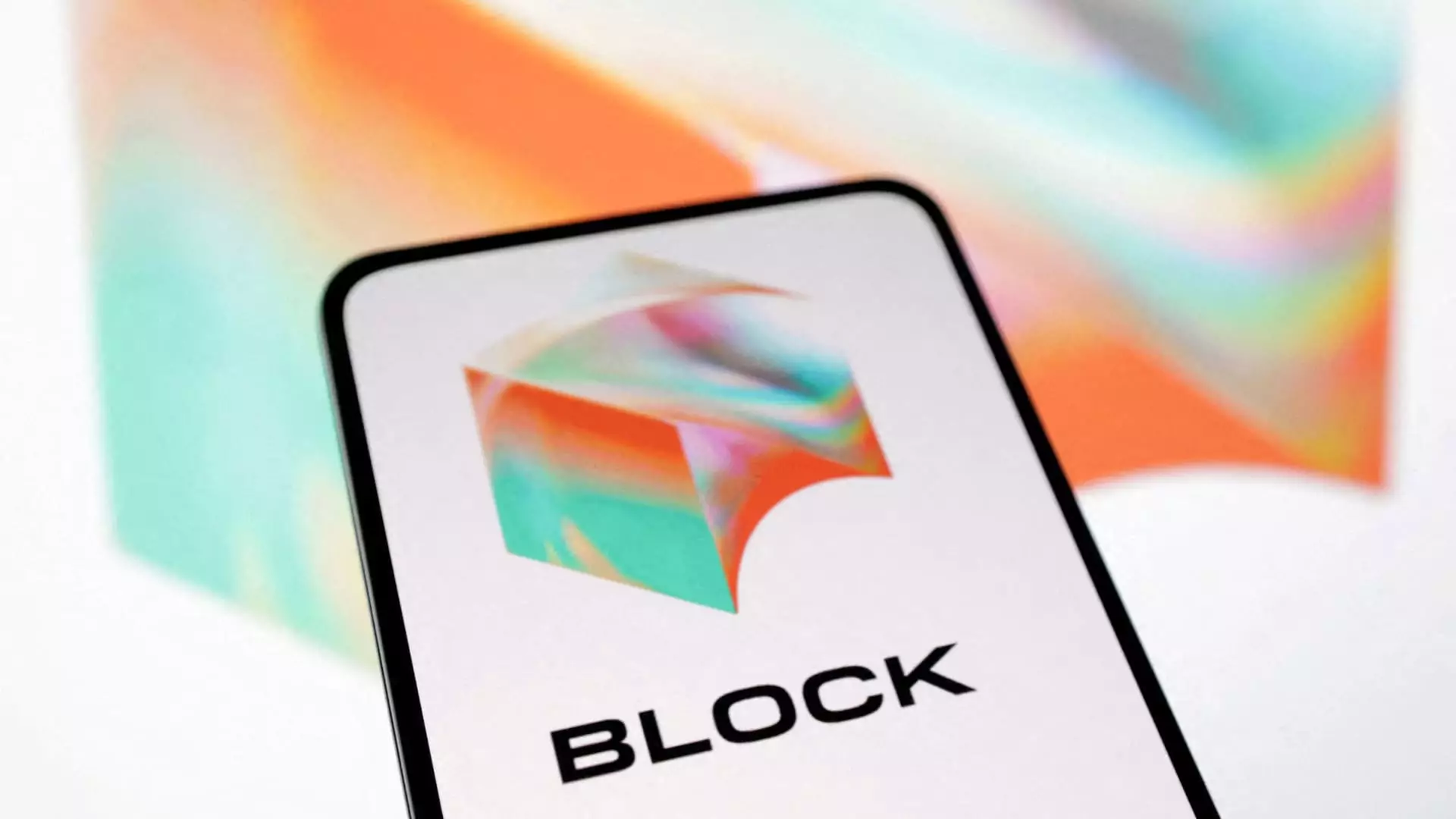In an earnings report that marked a significant moment for Block, formerly Square, the company revealed third-quarter revenue figures that fell short of Wall Street projections. Released on a Thursday, the report indicated revenues of $5.98 billion, considerably below the anticipated $6.24 billion. Such discrepancies often lead to immediate repercussions in the stock market, and indeed, Block’s stock initially saw a decline in after-hours trading. However, the sharp drop was not lasting; it quickly regained strength as investors shifted their focus from revenue figures to profitability metrics. This moment highlights a crucial shift in investor priorities, where profitability may be gaining precedence over top-line revenue inputs.
Profitability Metrics: A Silver Lining
Despite the revenue disappointment, Block delivered notable earnings per share (EPS) of 88 cents adjusted, slightly exceeding the consensus estimate of 87 cents. Block’s chief financial officer, Amrita Ahuja, emphasized during her remarks on CNBC that analysts and investors might be placing greater emphasis on gross profit than on revenue. The company reported a gross profit of $2.25 billion, which reflects a robust year-over-year growth of 19%. These figures are not just numbers; they signify the defensive strategies Block is employing to ensure its sustainability and growth even amid setbacks in revenue.
Another positive indicator in Block’s performance was the reported net income of $283.7 million, translating to 45 cents per share. This turnaround, from a loss of $88.7 million a year ago, demonstrates a significant recovery and showcases management’s effectiveness at steering the company back toward profitability.
Strength in the Cash App Business
Integral to Block’s financial success is its Cash App, a mobile payment service that has become a major contributor to the firm’s overall profits. The Cash App’s gross profit surged to $1.31 billion, marking a 21% increase year-over-year. Encompassing over 24 million active users by the end of the quarter, the platform’s performance continues to underline its role as a critical asset within Block’s portfolio. However, the gross payment volume still fell short, reaching $62.4 billion compared to the estimated $64.3 billion, revealing a need for continued attention to this area.
In the face of market challenges, Block’s leadership remains proactive. CEO Jack Dorsey committed to innovating the company’s lending products, including its Afterpay Buy Now, Pay Later services and Cash App Borrow options. Dorsey’s vision involves transforming the Cash App Card into a favorable alternative to traditional credit cards, which reflects an understanding of changing consumer needs and behaviors. The introduction of Afterpay on Cash App Cards could potentially enhance user engagement and drive profitability through a more integrated financial services model.
Ahuja noted that the incorporation of artificial intelligence in these lending products allows the company to make quicker and smarter decisions, ultimately enhancing its risk management. This focus on technology appears to be an essential part of Block’s strategy to maintain low loss rates across its offerings: 1% for Buy Now, Pay Later, 3% for Cash App Borrow, and 4% for Square Loans.
In conjunction with its innovative efforts, Block is also converting challenges into opportunities for optimization. The firm is recalibrating its investment focus by scaling back on ventures such as Tidal, the music streaming service founded by Jay-Z, and entirely shutting down TBD, its Bitcoin-oriented branch. This strategic pivot suggests a commitment to refining expenditures and prioritizing projects that align most closely with its core business model.
While the decline of Bitcoin as a prominent asset represents a concern, Block continues to hold 8,300 Bitcoin, valued at approximately $630 million. This strategic reserve indicates both a belief in the long-term potential of cryptocurrency and an agile approach to risk management.
While Block faces significant challenges highlighted by its recent earnings report, the company’s solid profitability metrics and innovative strides within its products, particularly in Cash App and lending, suggest a well-orchestrated path forward. The focus on profitability, coupled with strategic cost management and the introduction of new financial services, may position Block favorably for future growth in an increasingly competitive financial technology landscape. Investors will undoubtedly be keen to observe how these strategies play out in subsequent quarters as Block continues its journey of transformation and adaptation.

